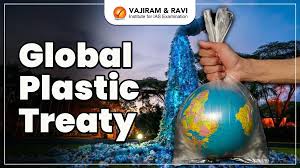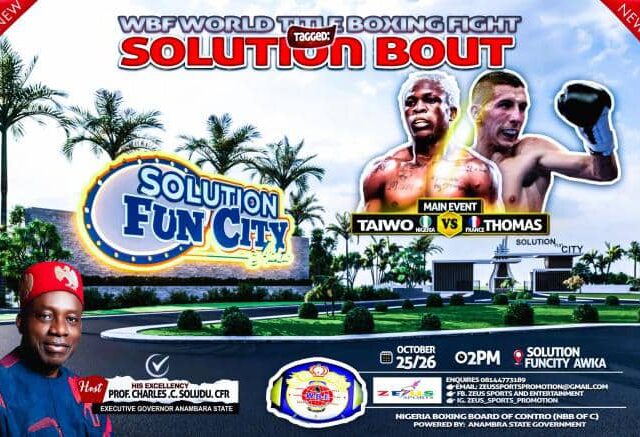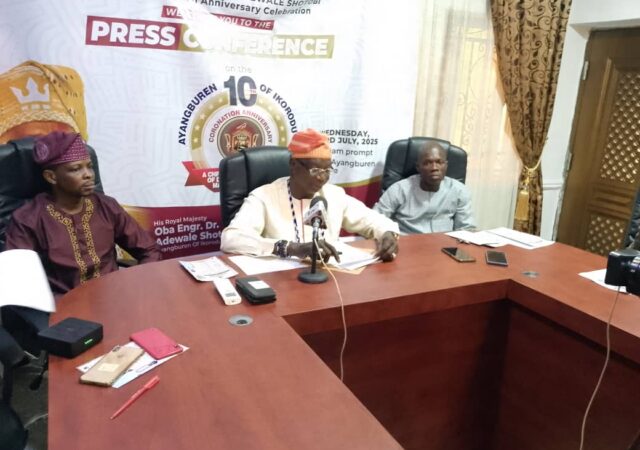African CSOs Unite to Amplify Global South Priorities Ahead of INC-5.2
 Ahead of the resumed fifth session of the Intergovernmental Negotiating Committee (INC-5.2) on the Global Plastics Treaty, GAIA Africa convened a high-level online media briefing for African journalists.
Ahead of the resumed fifth session of the Intergovernmental Negotiating Committee (INC-5.2) on the Global Plastics Treaty, GAIA Africa convened a high-level online media briefing for African journalists.
The session, held on July 24, underscored the vital role of media in elevating the priorities of African civil society and called for urgent, united action to combat plastic pollution across the continent.
Africa has emerged as a key player in the treaty negotiations, beginning with the landmark AMCEN Decision 19/2, which cemented the African Group of Negotiators’ (AGN) commitment to a legally binding global treaty addressing plastic pollution across its entire lifecycle—from production to disposal—while protecting human health and the environment.
As the negotiations approach a critical phase, GAIA Africa’s Plastics Program Manager, Merrisa Naidoo, delivered a comprehensive update on the treaty’s progress and regional stakes. Naidoo, who has led Africa’s civil society engagement since INC-1, stressed:
“We have the science. We have the momentum. What we’re missing is the commitment to act. Now, more than ever, we need courageous leadership.”
Representatives from civil society organizations across the continent—South Africa, Ethiopia, Ghana, Egypt, Nigeria, and Kenya—shared urgent calls for action, highlighting the core issues of concern:
Eliminating toxic chemicals in plastics
Establishing a fair and robust financing mechanism
Reducing plastic production at the source
Eskedar Awgichew (EcoJustice Ethiopia) said:
“In Ethiopia, petrochemical infrastructure is growing, but communities lack environmental and public health protections. This is where harm begins—and where justice must be rooted.”
Mohamed Kamal (Greenish Foundation, Egypt) noted,
“We need African negotiators to address the pollution at its source, not just through waste management.”
Rico Euripidou (groundWork, South Africa) added,
“There are over 16,000 chemicals found in plastics. The treaty must eliminate the most harmful toxic substances.”
Dorothy Otieno (CEJAD, Kenya) emphasized,
“Research in Africa has found toxic chemicals in children’s toys and our food chain. As net importers of plastics, African countries stand to gain immensely from a ban on toxic additives.”
Nadine Wahab (Sustainable Network, Egypt) warned,
“We must ensure the process is transparent and inclusive. The INC must avoid the procedural pitfalls that have limited progress in other global negotiations.”
Jacob Johnson Attakpah (GAYO, Ghana) called for strong financial support:
\
“A Multilateral Fund under the treaty is essential to help African nations implement real solutions, especially as many are grappling with debt burdens.”
Sarah Onuoha (SRADeV Nigeria) drew attention to human rights:
“Plastic pollution directly affects livelihoods. In Nigeria, journalists play a crucial role in promoting environmental justice and supporting national development through informed reporting.”
As INC-5.2 nears, African civil society is urging negotiators to act with urgency, ambition, and unity, reinforcing Africa’s unwavering message to the world:
“We will not back down. We will not settle for less than a treaty that delivers real, lasting solutions to end plastic pollution.”







